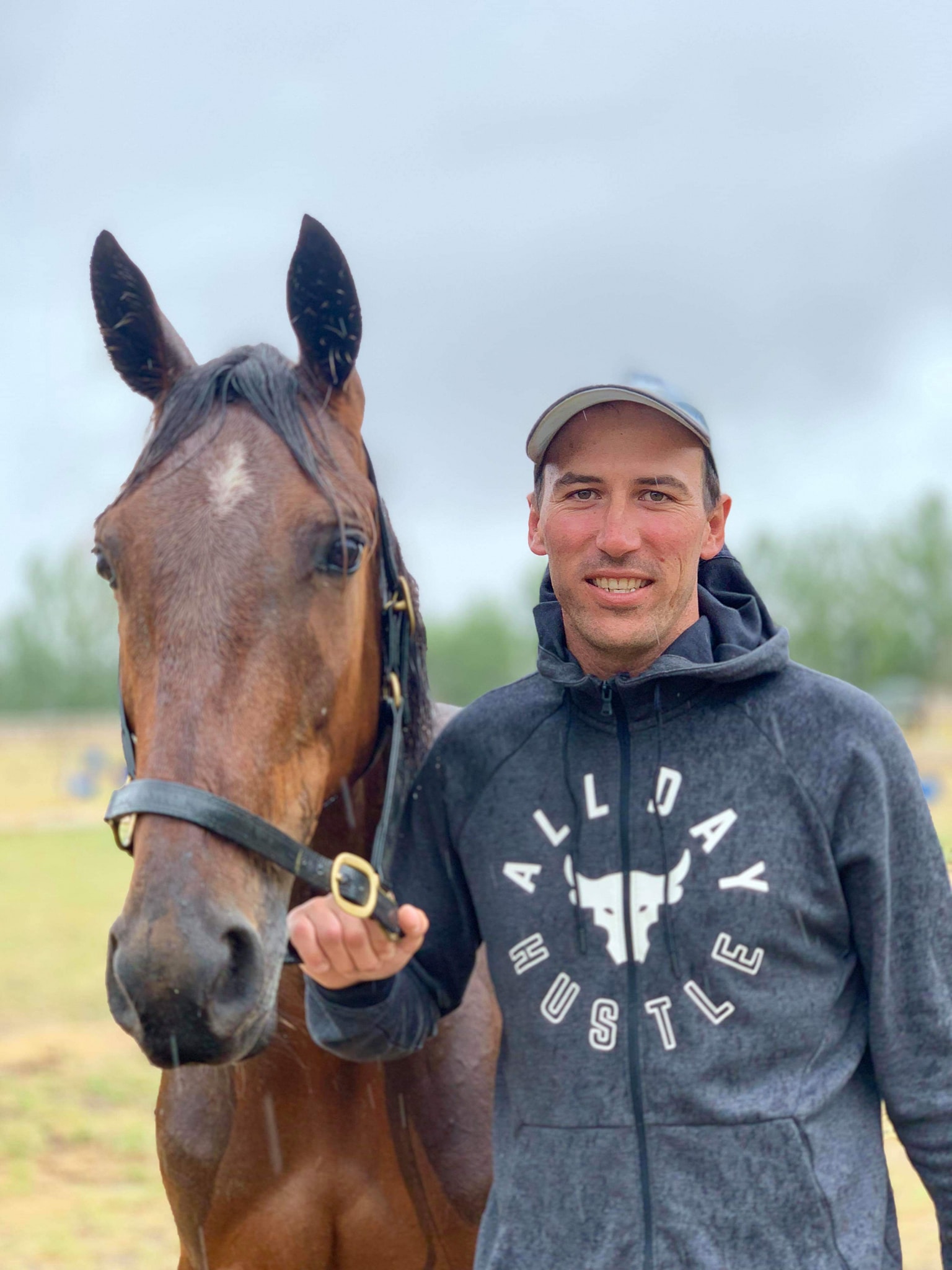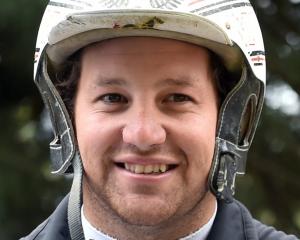
The Judicial Control Authority for Racing released the sentence today, barring the 30-year-old from the industry for seven years as of yesterday.
Alford previously pleaded guilty to injecting Jimmy Cannon and Johnny Nevits with the prohibited substance formalin shortly before they were due to start at Addington Raceway on February 25.
Racing Integrity Unit investigators placed a surveillance camera at Alford’s Woodend Beach stable before they raided the property moments after Alford injected both horses with a dose of formalin, containing about 10 per cent formaldehyde, a chemical used to embalm corpses.
Formalin is used to treat internal bleeding, but is banned in New Zealand because it can harm a horse’s cardiovascular system. Jimmy Cannon subsequently died on April 13, Harness Racing New Zealand reported.
Alford also admitted attempting to ‘tube’ Johnny Nevits with bicarbonate soda and water - a process known within the industry as a ‘milkshake’ designed to boost a horse’s stamina.
RIU investigators believe Alford would have injected a third horse, Motor Mouth, had they not intervened.
A search of the stables revealed a bucket of tubing gear, including a rubber hose and plastic funnel, several empty syringes in a wheelie bin, a third syringe loaded with formalin and a two-litre container half-filled with the chemical.
At a penalty hearing before the JCA at Addington Raceway last Wednesday, the RIU sought a nine-year ban, which factored in a 25 per cent reduction for Alford’s early guilty plea.
The maximum punishment was a life ban and $30,000 fine.
Instead a JCA committee imposed a seven-year ban, working back from a nine-year starting point due to a range of mitigating factors, according to a judgement released by committee chairman Alan Harper.
These factors included: Although initially in a denial the Respondent (Alford) quickly admitted the inevitable; a guilty plea was entered early on and (Alford) is remorseful for his actions, even though this remorse came after apprehension.
Alford also had a “clear record” within the industry, even though he has only been licenced for only a relatively short period of time.
The committee also considered a number of favourable character references for Alford, who had been a licenced trainer for two years.
At the penalty hearing the RIU said a scan of betting records for the New Zealand Metropolitan Trotting Club meeting identified several significant bets on Johnny Nevits and Motor Mouth, who shortened from $9 to win to $2.80 before it was scratched.
During the raid Alford asked investigators: “What made you guys come out here today? Was it the betting?”
The RIU launched its investigation after being tipped off that Alford was using banned substances on horses.
RIU counsel Michael Hodge described Alford’s offending as “top end”.
“(It) conforms to the very worst stereotypes ... against the industry – that it’s rigged and trainers cheat, that it’s harmful to the welfare of animals. Those stereotypes are wrong, they’re unfair, they're not representative or accurate,” Hodge said.
The RIU argued there were several aggravating features to Alford’s offending, including the type of substance used and the serious impact it could have had on the horses’ health.
“It (formalin) is so harmful to animal welfare there have not been any studies into the effects of its intravenous administration – nor can there be, no ethics committee would approve such a trial,” Hodge said.
Alford’s lawyer, Kerry Cook, had advocated a disqualification period of four years while Alford told the JCA panel he was remorseful and a ban would have a “massive impact” on his life and family.
Alford is the second high-profile Canterbury harness trainer to be banned for doping horses since July last year, following Nigel McGrath’s eight-year disqualification from holding a training licence.
McGrath, who had trained for two decades, admitted three charges laid by the RIU, though he disputed the facts concerning two of them.
That case was also based on a raid on McGrath’s stables near Rolleston in March 2020 after the RIU was told he was ‘tubing’ horses shortly before taking them to race.
Harness Racing New Zealand chairman John Coulam welcomed Alford’s punishment and hopes it will serve as a deterrent.
“I trust such a penalty will serve as a clear message that cheating is not tolerated, nor is the ill treatment of the horse.
“The actions of this individual do not represent the hard working, honest horse-loving people in this industry,” he said.
Alford had his training licence suspended on February 25. His ban will expire on May 9, 2028.













